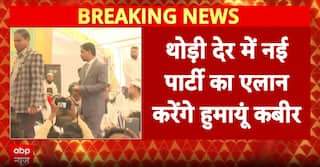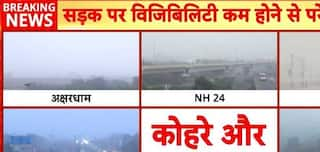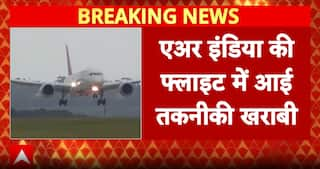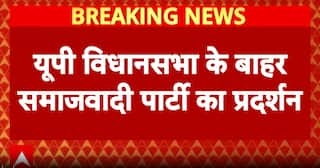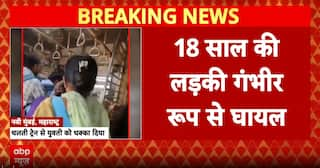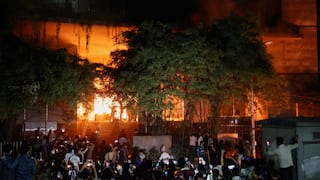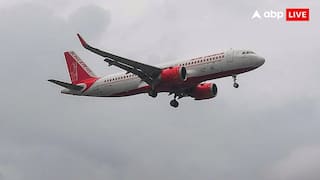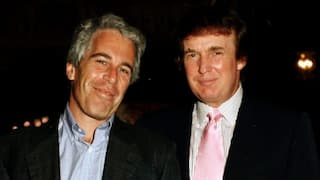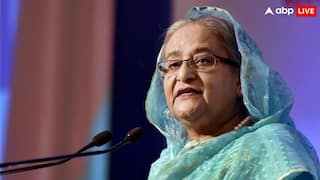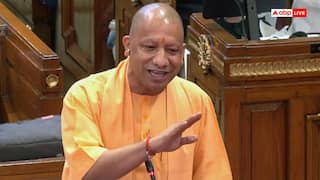People Queue Up At Banks To Exchange Rs 2,000 Notes: WATCH
Small queues of people were seen at banks in Patna and Lucknow as they showed up to get their Rs 2,000 currency notes exchanged.

People queued up at banks in Patna and Lucknow to exchange Rs 2,000 currency notes exchanged after RBI announced its withdrawal. An person at one of the banks said, "No document is required. Just give the note and they (the bank) will exchange it." As per the RBI guidelines issued on Friday, the exchange of Rs 2,000 facility began on Tuesday. As per the guidelines, Rs 2,000 notes can be exchanged up to a limit of Rs 20,000 at a time without filling out any form or requisition slip.
No identity proof is required to be submitted by the tenderer at the time of exchange.
Visuals of people at SBI in Patna exchanging their Rs 2,000 currency notes. "No document is required. Just give the note, and they (bank officials) will exchange it," says one of the customers. pic.twitter.com/ETm2d1dy3X
— Press Trust of India (@PTI_News) May 23, 2023
As per PTI, no great rush was witnessed for exchange when branches opened. In fact, outlets of private sector banks in metro cities such as Delhi, Mumbai, and Kolkata had business as usual in the early hours.
PTI quoted a senior official of a public sector bank as saying that "Not much rush was seen because there is a window of four months for exchange and currency in circulation to be exchanged is also relatively less compared to demonetisation." He further said that as far as deposits in the accounts are concerned, it is happening as per the usual without much rush.
Another visual of people depositing Rs 2,000 currency notes surfaced on social media.
VIDEO | Visuals of SBI e-lounge customers depositing Rs 2,000 currency notes in Lucknow. pic.twitter.com/tPLsNhvbsI
— Press Trust of India (@PTI_News) May 23, 2023
RBI Governor Shaktikanta Das on Monday said that there is ample time in hand for exchange and deposit in bank accounts, hence citizens should not panic or rush. He further said that there is more than enough of printed notes available in the system not just with the RBI, but also at the currency chests which are operated by the banks.










